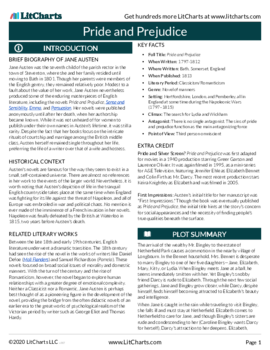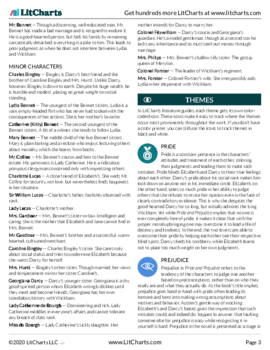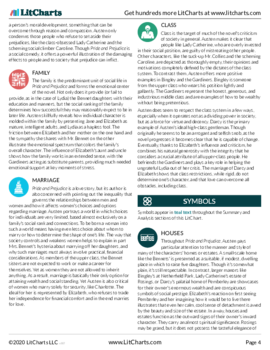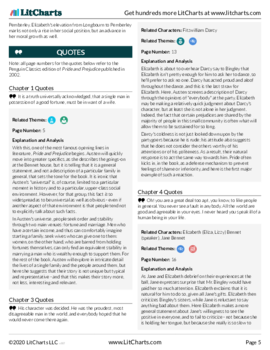- All's Well That Ends Well
- Antony and Cleopatra
- As You Like It
- The Comedy of Errors
- Coriolanus
- Cymbeline
- Hamlet
- Henry IV, Part 1
- Henry IV, Part 2
- Henry V
- Henry VI, Part 1
- Henry VI, Part 2
- Henry VI, Part 3
- Henry VIII
- Julius Caesar
- King John
- King Lear
- Love's Labor's Lost
- A Lover's Complaint
- Macbeth
- Measure for Measure
- The Merchant of Venice
- The Merry Wives of Windsor
- A Midsummer Night's Dream
- Much Ado About Nothing
- Othello
- Pericles
- The Rape of Lucrece
- Richard II
- Richard III
- Romeo and Juliet
- Shakespeare's Sonnets
- The Taming of the Shrew
- The Tempest
- Timon of Athens
- Titus Andronicus
- Troilus and Cressida
- Twelfth Night
- The Two Gentlemen of Verona
- Venus and Adonis
- The Winter's Tale
plus so much more...
-
Lines 1-4
"Byzantium" begins with a transition: the fading away of the daytime world and the coming of night. In a city that readers can guess must be the ancient Byzantium of the poem's title, the streets are finally starting to quiet down after what sounds like a big evening.
The "Emperor's drunken soldiery," his rowdy soldiers, are "abed" at last, no longer making a ruckus. As a "great cathedral gong" (a mighty churchbell) rings, "night-walkers' song"—the sound of late-night partiers making their way to bed—"recedes."
There's a lot of receding going on here, in fact. "Night resonance"—the sound of the night—"recedes," and the "unpurged images of day recede"—a moment of epistrophe that suggests a general fading and dimming of life in the streets. As the waking world pulls back like the tide, a different kind of atmosphere creeps into the city.
This change might be a purification. If the "images of day" are "unpurged," they're unclean somehow, not yet washed of some unknown taint. That it takes the solemn, holy sound of a "great cathedral gong" to shoo them away suggests a juxtaposition not just between night-world and day-world, but between something sacred and something profane.
Consider, too, just how wide and mysterious the idea of the "images of day" might be. Perhaps these "images" are just the sights and sounds of all those messy drunkards stumbling off to bed. But perhaps the "images of day" are also the way that people see in the daytime in general. The sound of the "great cathedral gong" rings in a different way of perceiving the world, not just a quieter time of night. The poem is on its way to the land of dreams.
Even in these few words, readers may already have a vivid mental picture of the poem's setting. The mere name "Byzantium" summons up visions of an ancient city crowned with temple domes and glittering with mosaics. The "Emperor" who seems to rule here, similarly, suggests a long-ago time; he'd have to be a very distant Emperor indeed, from a time before the Roman Emperor Constantine conquered Byzantium and renamed it Constantinople. The drunken soldiers and night-walkers could come from any time or place, but they’re living in what feels like an enchanted, legendary city.
The chanting rhythms of these first few lines might also put readers under a spell. The first three lines here are written in iambic pentameter—that is, lines of five iambs, metrical feet with a da-DUM rhythm, like this:
The Emp- | eror's drunk- | en sold- | iery are | abed;
But this lilting, steady, familiar rhythm breaks in line 4, which both changes its feet to trochees (the opposite of iambs, with a DUM-da rhythm) and shortens to tetrameter, with only four strong stresses:
After | great cath- | edral | gong;
That change in the rhythm mimics just what it describes. The nightlife of the city goes on at a steady iambic pace—until that "great cathedral gong" rings and the whole world changes. Keep an eye on the shifting meter as the poem goes on: it will evoke not just the poem's landscape, but the speaker’s vision of another world, one that just touches our own.

|
PDF downloads of all 3054 of our lit guides, poetry guides, Shakescleare translations, and literary terms.
PDF downloads of all 1910 LitCharts literature guides, and of every new one we publish.
Learn more
|

|
Explanations for every quote we cover.
Detailed quotes explanations (and citation info) for every important quote on the site.
Learn more
|

|
Instant PDF downloads of 136 literary devices and terms.
Definitions and examples for 136 literary devices and terms. Instant PDF downloads.
Learn more
|

|
Compare and contrast related themes.
Compare and contrast Related Themes across different books.
Learn more
|

|
Teacher Editions for all 1910 titles we cover.
LitCharts Teacher Editions for every title we cover.
Learn more
|

|
PDFs of modern translations of every Shakespeare play and poem.
PDFs of modern translations of every Shakespeare play and poem.
Learn more
|

|
Advanced search across our collection.
Advanced Search. Find themes, quotes, symbols, and characters across our collection.
Learn more
|

|
Line-by-line explanations, plus analysis of poetic devices for lyric poems we cover.
Line-by-line explanations, plus analysis of poetic devices for every lyric poem we cover.
Learn more
|


For every lyric poem we cover.



Literature Guide PDFs
LitCharts PDFs for every book you'll read this year.



Quotes Explanations
For all 42,228 quotes we cover.





Teacher Editions
Time saved for teachers.
For every book we cover.
Common Core-aligned



PDFs of modern translations of every one of Shakespeare's 37 plays, 154 sonnets, and 3 longer poems.


Plus a quick-reference PDF with concise definitions of all 136 terms in one place.





















